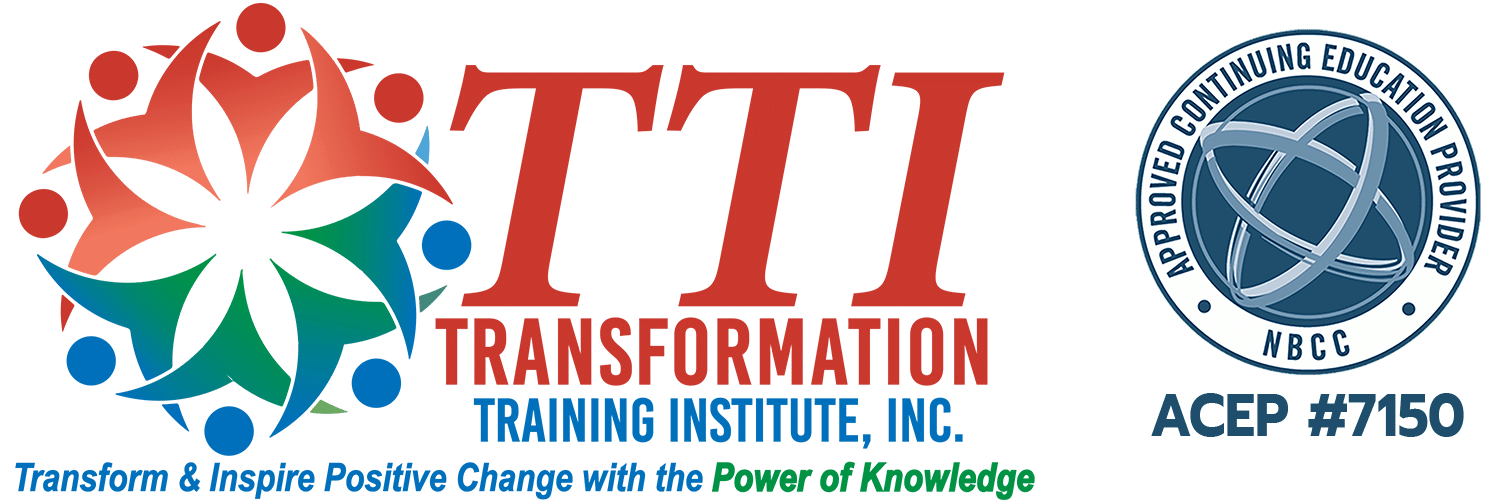Black History Month Conference 2025 - Late Registration
Black History Month Conference 2025 - Late Registration
Full Conference (Thurs-Friday) - 9.5 CE
Select the morning and afternoon sessions you want to attend. More information about each session is listed on Learning Objectives
Pre-Conference
Topic:
Overlooked Ethical Issues in the Evolution of Multicultural Competence
Presented by: Dr. LaVerne Hanes Collins
Description: A lot has occurred in the United States since the 2014 revision of the American Counseling Association (ACA) Code of Ethics. A global spotlight on diversity and equity has brought about changes in politically correct language and inclusivity standards. A worldwide pandemic changed the way counselors deliver services; increased the demand for counseling services; and brought stress, pandemic fatigue, and burn-out to counselors and clients alike. Against that backdrop, the ethical code continues to set the standard for professional counseling practice.
Today, the ethical care for oppressed and marginalized groups in America's current landscape requires a strong commitment to cultural competence and social justice advocacy. Using contemporary case studies, this workshop examines ethical issues that may arise in counseling. The course invites exploration of the counselor's personal ethical stance and encourages counselors' continual self-monitoring of how their values and self-care practices may impact their effectiveness.
Main Conference
Morning Breakout Sessions 2CEa
Topic A:
Creating Inclusive Spaces Where Everyone Can Live, Learn, Work, and Thrive
Presented by: Tiffany G. Townsend, PhD
Description: This talk explores the imperative of fostering environments that embrace diversity and promote equity. Through research and practical strategies, the presentation emphasizes the significance of inclusive spaces in enabling individuals of all backgrounds to thrive personally and professionally. Attendees will gain insights into cultivating a culture of respect, empathy, and accessibility, ultimately leading to enriched communities where everyone can fully participate and contribute.
Topic B:
Athletics & Mental Health
Presented by: BJ Armstead
Description: Sports and Mental Health and deeply examining the relationship between the two! The lingering question of "What is the root cause of athletes going through Mental Health problems?" will be discussed in a presentation/group discussion format. We will discuss as well African American athletes and their mental health challenges and struggles. As Mental Health Professionals, we will answer the question of "What can we do better to service our young athletes and equip them with the correct skills to improve overall Mental Wellness” in addition to providing the outlet for them to express their emotions.
Topic C:
African Americans and BIPOC professionals
Presented by: Tamara Houston, LISW-CP/S
Description: As humans, we seek connections to feel safe and secure. These connections are essential in building healthy relationships based on trust. Studies on complex trauma reveal that disrupted connections during childhood and adolescence can significantly affect our self-image and ability to form attachments with others. This can lead to negative beliefs about ourselves that are challenging to overcome. In this group, we will investigate how disrupted connections may put one at risk of developing complex trauma and relational trauma. We will delve into understanding our relationship with the most essential tool in therapy, the body. We will practice somatic mindfulness exercises to feel safe within our bodies and discuss other holistic methods to manage the impacts of relational trauma.
Main Conference
Afternoon Breakout Sessions 3CE
Topic A:
“A Change is Gonna Come": Examining Intergenerational Trauma's Impact on Black American Believers
Presented by: DeShara C. Doub
Description: According to Mental Health America (MHA), Black Americans experience severe psychological distress at a 20% higher rate than White Americans, a statistic that has significantly increased since the COVID-19 pandemic. Despite the impacts of the double health and racial pandemics of 2020-2021 and beyond, Black Americans are all too familiar with centuries of societal, structural, and interpersonal racism, creating a profound and lasting impact on their physical, emotional, and mental wellness. As Pew Research Institute reports that 80% of Black Americans have a religious affiliation, can connection to the church eradicate intergenerational trauma's impact and the mental health crisis impacting the Black community?
Topic B:
Uncovering Self-Energy Through Alignment
Presented by: Vanessa Benzan-Monteiro, LCSW
Description: Too often in life, we are guided to ignore our bodies and other messages that parts, and even the Self, may be trying to communicate. Join me, Vanessa Benzan-Monteiro, in utilizing a blend of IFS and somatic tools to support others in deepening their connection to their bodies, mind, behaviors, and emotions. This will be taught from a trauma-informed lens, encouraging awareness of the relationships between traumatic experiences and misalignment.
Topic C:
Lean on Your Own Creativity: Strategies for Supporting Clients in Understanding Their Strengths Through Creative Practices
Presented by: Chalice Nelson, LPC, NCC, CPCS
Description: Often when we aren't feeling like ourselves, we find comfort by listening to our favorite playlist or watching our favorite tv show, but what if we used our own creative abilities? This presentation will explore the correlation between imagination and mental wellness. We will discuss the benefits of innovative practices within the therapeutic process and how they can be the foundation for building confidence and fostering hope by highlighting our client's strengths. Discover creative activities you can utilize in your therapeutic practice to empower clients to actively participate in their healing journey.
Topic D:
The Journey to SelfHood: A Holistic Approach to Healing
Presented by: Isis Bey LCSW
Description: In Western Society, we have been conditioned to approach our way of life, values, and perspectives through individualism. Individualistic culture promotes a value system that favors or prefers self-reliance, independence, and the worth of the individual over the collective or group. When we realize that this concept impacts EVERY area of our lives, how we heal, how we connect, how we love, how we help or seek help, and how we approach problem-solving, we can see why we continue to struggle as a whole in this society. This workshop aims to help participants understand the holistic healing process and seek ways to promote more African Centered Practice and Collective ways of healing.

